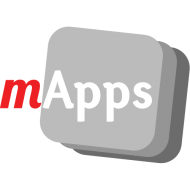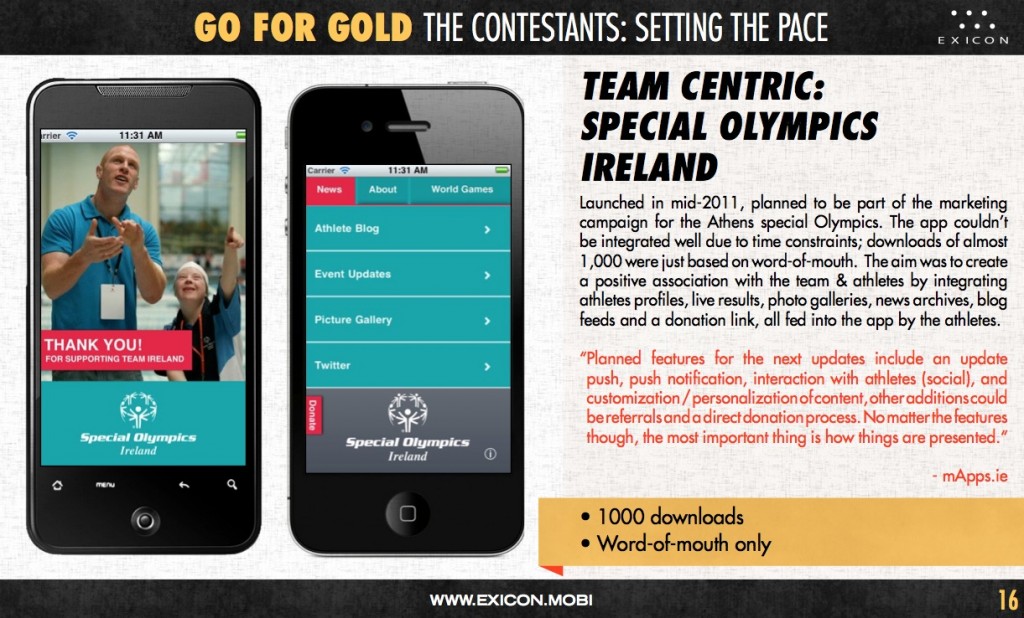In May, I did a talk for the Ireland Chapter of the Project Management Institute (being a PMP, I’m a member of it). The evening was split into two sections:
- the first talk was about mobile apps development, and why project management principles matter.
- The second half, a talk by Fran O’Hara, was about Agile and Scrum, focussing on how requirements are managed, how estimation and planning are performed.
In essence, my key messages regarding mobile apps and Project Management were:
- the gold rush for mobile apps is over – meaning if you’re publishing a mobile app on the Apple App Store or Google Play, you are competing with a huge number of established players and a lot of high-quality apps. That means the chances of making a pile of money with low-budget productions are very slim (but there are exceptions of course, such as Tiny Wings in the casual gaming sector). Having an experienced team on board is essential (for areas covering analysis, technical development, testing, marketing & sales)!
- I think a mobile app project is NOT different from a lot of other IT projects – therefore PM skills are essential to ensure successful delivery. Because the industry is maturing (larger corporations entering the space), a huge opportunity lies ahead for the PM community. Agile development principles (with focus on requirements driven and iterative approach) are key in the mobile app space.
- Mobile apps in the Enterprise world are taking the mobile app industry to the next level. I gave a number of examples of multinationals and their activities in this area.
The event was fully booked and the talks were well received – we had a set of very interesting questions from the audience. It seems that there is a tremendous interest from Project Managers when it comes to Agile and Mobile Apps.
You can find details about the PMI event here http://www.pmi-ireland.org/event-calendar/event-view along with my presentation slides on slideshare:

